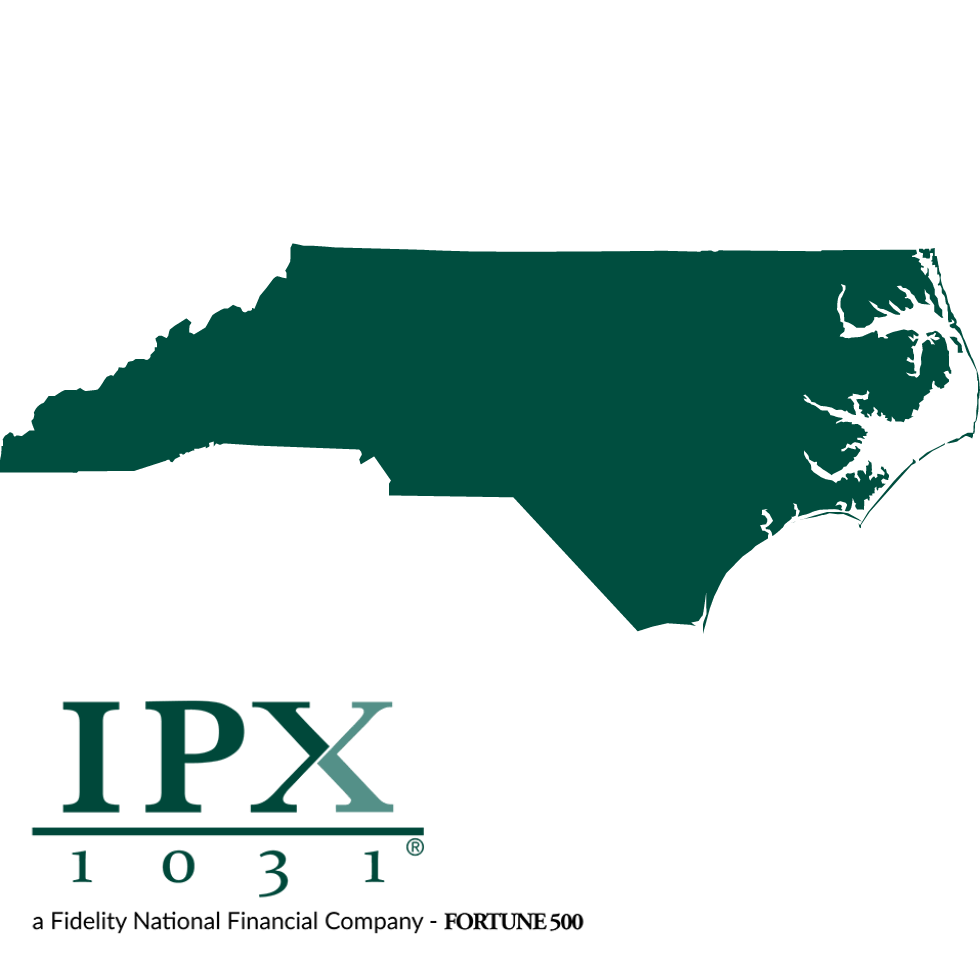Georgia, North & South Carolina
With over 15 years of real estate and 1031 Exchange experience, Whitney is an invaluable asset to investors, real estate, legal and tax advisors.
Rules & Timelines – IPX1031
IPX1031 offers a comprehensive guide to navigating 1031 Exchanges in North Carolina, providing valuable insights into tax-deferral benefits, regulations, and effective strategies for real estate investment.
Investors can defer capital gains taxes on North Carolina real estate investment sales through IRC Section 1031. 1031 Exchanges are federally recognized, and North Carolina adheres to federal rules, regulations, and timelines, enabling investors to defer capital gains on qualified property exchanges.
North Carolina offers diverse investment opportunities for tax deferral, including properties like short-term rental vacation properties, retail spaces, mixed-use developments, and more. If you’re exploring a North Carolina 1031 Exchange, consult with the experts at IPX1031 for guidance and support.


1031 Exchanges in North Carolina enable investors to divest from investment property, reinvesting proceeds into new investment properties, and deferring capital gain and other taxes, provided adherence to all rules and regulations.
To mitigate capital gain taxes in a North Carolina exchange, investors are advised to: 1) acquire property of equal or greater value, 2) reinvest all equity in the Replacement Property, and 3) secure equal or greater debt on the Replacement Property.
To qualify for a 1031 Exchange, Relinquished and Replacement Properties must be qualified as “like-kind,” and the transaction must be structured properly. “Like-kind” properties must be real property held for productive use in the investor’s trade or business or for investment.
Popular like-kind property options in North Carolina include hotels, storage facilities, rental vacation properties, nursing homes, strip malls, golf courses, office buildings, and parking lots.
Hotels & Hospitality
Multifamily
Agriculture
Industrial
Rental & Vacation Homes
Retail
Mixed Use
Commercial
Executing a 1031 Exchange in North Carolina, like anywhere else, demands planning, expertise, and support. Here’s a checklist outlining key steps in your exchange:
For your 1031 Exchange in North Carolina, here’s what you need to know about the timeline process, deadlines, and other requirements:

IPX1031 stands as your reliable North Carolina Qualified Intermediary, dedicated to North Carolina clients while extending Qualified Intermediary services across the nation. Your selection of a Qualified Intermediary is pivotal for the success of your exchange, emphasizing elements such as the security of exchange funds and the proficiency of personnel.
IPX1031 provides financial safeguards, ensuring secure fund transfers and maintaining a sterling reputation, thereby facilitating a streamlined exchange process. It’s important to note that disqualified individuals from serving as Qualified Intermediaries include those who have acted as your employee, attorney, accountant, investment banker or broker, or real estate agent or broker within the two-year period before the transfer date of the Relinquished Property.
Furthermore, Qualified Intermediaries are unable to dispense tax or legal advice, hence the necessity to seek personalized guidance from your legal and tax advisors. IPX1031 collaborates closely with your advisory team to guarantee seamless exchanges.
Attorneys
Tax Advisors
Realtors
Financial Planners
Commercial Brokers
CPAs
Title/Escrow/Settlement Agents
Lenders
Customized solutions for your 1031 investment and business goals.
IPX1031, the national leader in 1031 Exchange QI services, is pleased to offer service in all cities, counties, and areas throughout North Carolina, including: